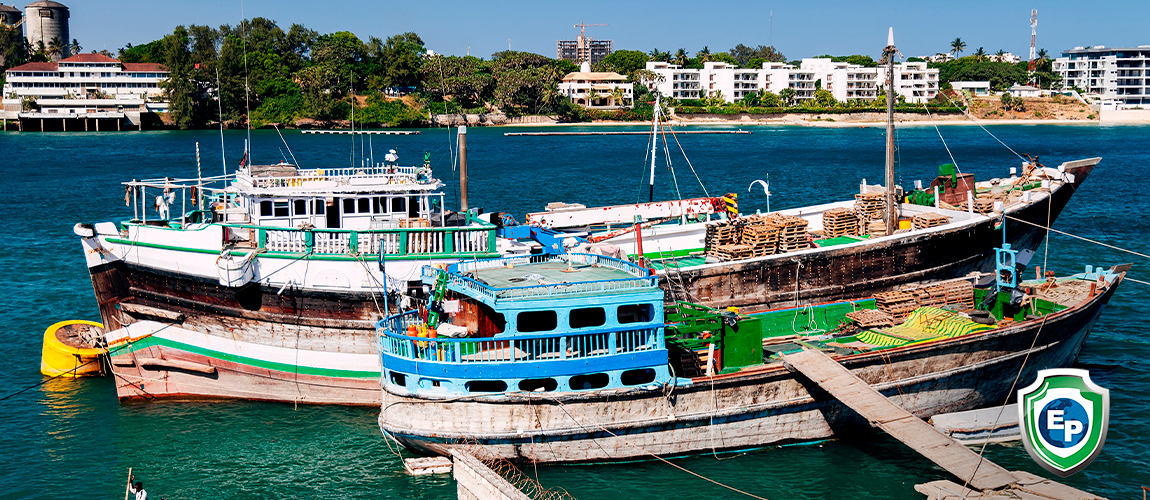The Export-Blockchain Reality in Kenya
Kenya has been recognized as a critical authority in Africa’s charge towards a digital economy. It will take a while before blockchain systems are considered legal tender in Kenya. Learn more in this article.

“I wanted to be here because Africa is on the move…young people are harnessing technology,” the words of the former president of the USA, Barack Obama in 2015 when he opened the 6th Global Entrepreneurship Summit (GES) in Nairobi, Kenya. Despite the wild global bitcoin bubble that may have created a buzz of discussion, it will take a while before blockchain systems are considered legal tender in Kenya.
Uhuru Kenyatta, Kenya’s president recently launched an 11-member blockchain and artificial intelligence task force in the hope of easing the struggling government on navigating the crypto space. Bitange Ndemo chairman of the State-run Blockchain and Artificial Intelligence Task Force acknowledged that despite the widespread use of the internet, Kenya is still yet to wholly reap from the benefits of a digital economy. He attributed this reality to the lack of trust in digital transactions.
Kenya has been recognized as a critical authority in Africa’s charge towards a digital economy. Dubbed as one of Africa’s ‘KINGS’ (Kenya, Ivory Coast, Nigeria, Ghana, South Africa) countries, Kenya is striving towards the implementation of a blockchain-based distributed ledger technology (DLT) at the port of Mombasa, East Africa’s Largest. Kenya’s Central Bank Governor has expressed scepticism in the integration of cryptocurrency systems, citing the technology as unregulated. The Governor’s concerns have impacted the implementation of a DLT system in Kenya’s port.

SMEs who make the bulk of import/export traders in Kenya are also slow towards the full acceptance of blockchain technology in their businesses. This may be due to either the little knowledge of the technology or the avoidance of Ponzi schemes such as the Nurucoin and blockchain technology.
Kenya’s port serves Landlocked countries such as Uganda and Rwanda. The port is continuously plagued with congestion whenever there is an influx of cargo. Adoption of a data-sharing system will not only ease maritime operations but allow for distributed and real-time multi-party tracking. Kenya would stand to benefit from the forecasted $6.7 trillion of combined African consumer and business spending by 2030. Digital “bills of lading,” secure digital asset information transfer, Smart contracts, letters of credit, and digital wallets could be utilized to unlock new opportunities for all parties in addition to reducing congestion.
Stay in the loop with Export Portal
Export Portal is the best place to get the latest updates in the import/export world. Sign up for our newsletter today and stay informed.






Comments 0